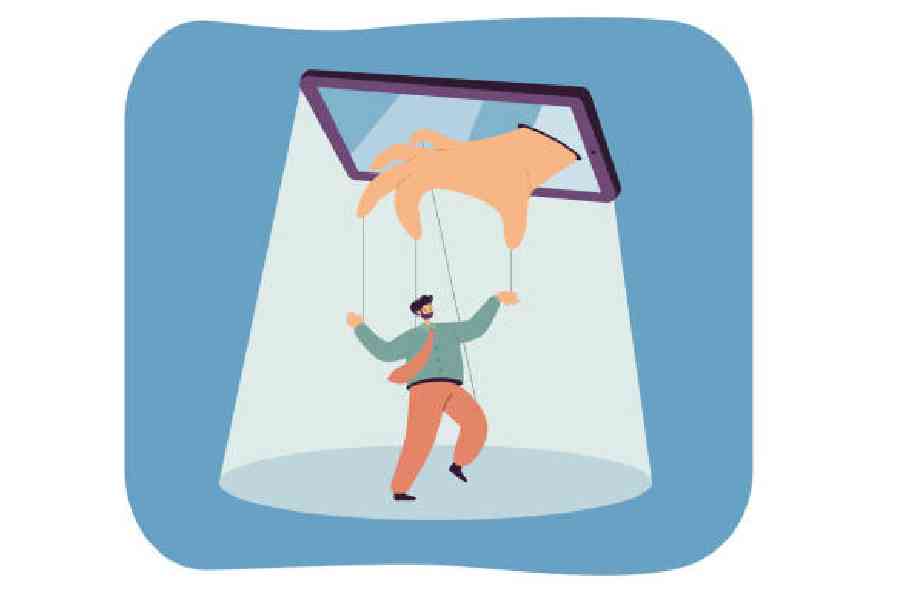Social media can manipulate public opinion


No
Fact check
People are now aware of misinformation being rampant on social media. Media literacy campaigns teach people to fact check, recognise biases and be sceptical of clickbait, reducing the power of manipulation. Platforms like X (formerly Twitter) and Reddit foster real-time fact-checking by users, creating an environment where misinformation is likely to be exposed.
Pousali Chowdhury
Fourth year, FIEM, Calcutta
Magnify it
Social media doesn’t manipulate public opinion; rather, it magnifies it. It provides a more accessible platform for people to express their views and engage in discussions on various issues.
Kamal Majhi
Class X, St. Agnes School, Kharagpur
Reinforces views
Nowadays, the public pays little attention to what they see as they already have strong, preconceived notions. Thus, social media just makes their viewpoints solid and concrete instead of altering them.
Debarpita Mandi
Class X, DAV Public School, Midnapore
yes
Targetted advertising
Targeted advertising and misinformation campaigns can manipulate perceptions on a large scale. Those with an agenda can create misleading posts or viral content to sway public sentiments.
Saumili Mukherjji
Class XII, Auxilium Convent School, Bandel
Echo chamber
Social media shapes how information is spread. Algorithms prioritise content that align with users’ existing beliefs, creating echo chambers that limit people’s exposure to diverse perspectives.
Trisha Chatterjee
Second year, IISWBM, Calcutta
Power of repetition
Watching fake news enough times makes one believe it. Thus, social media controls public opinion.
Arkajit Debnath
Class VII, Krishnagar Academy, Krishnanagar
Skews perspective
People are too ready to believe what is shown on social media. It skews their perspective.
Hanshika Kasera
Class XII, Rajasthan Vidya Mandir, Calcutta